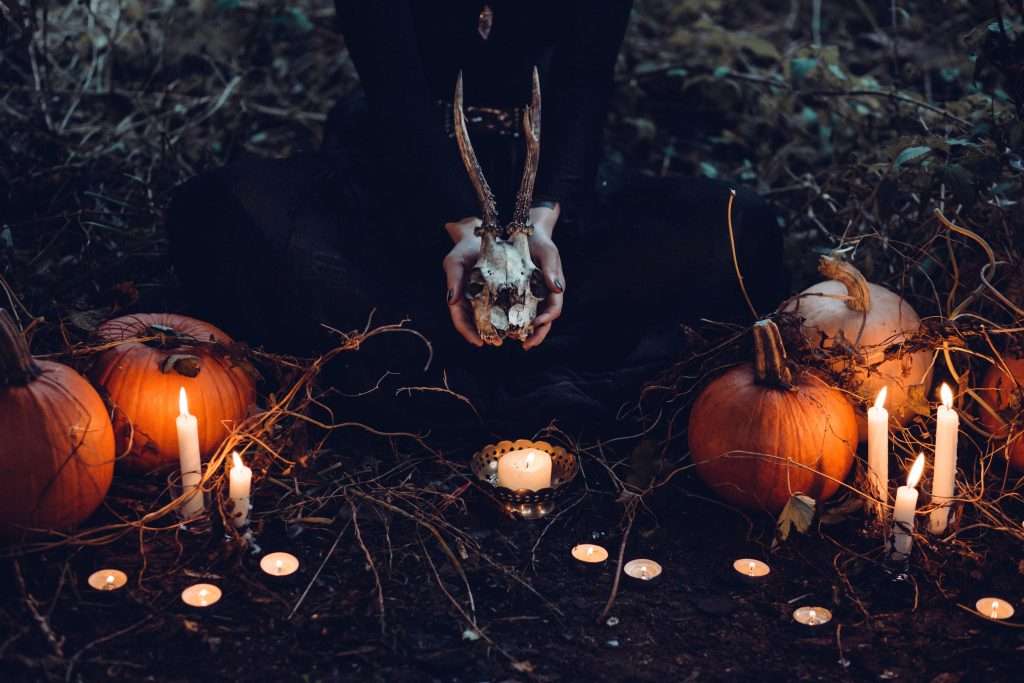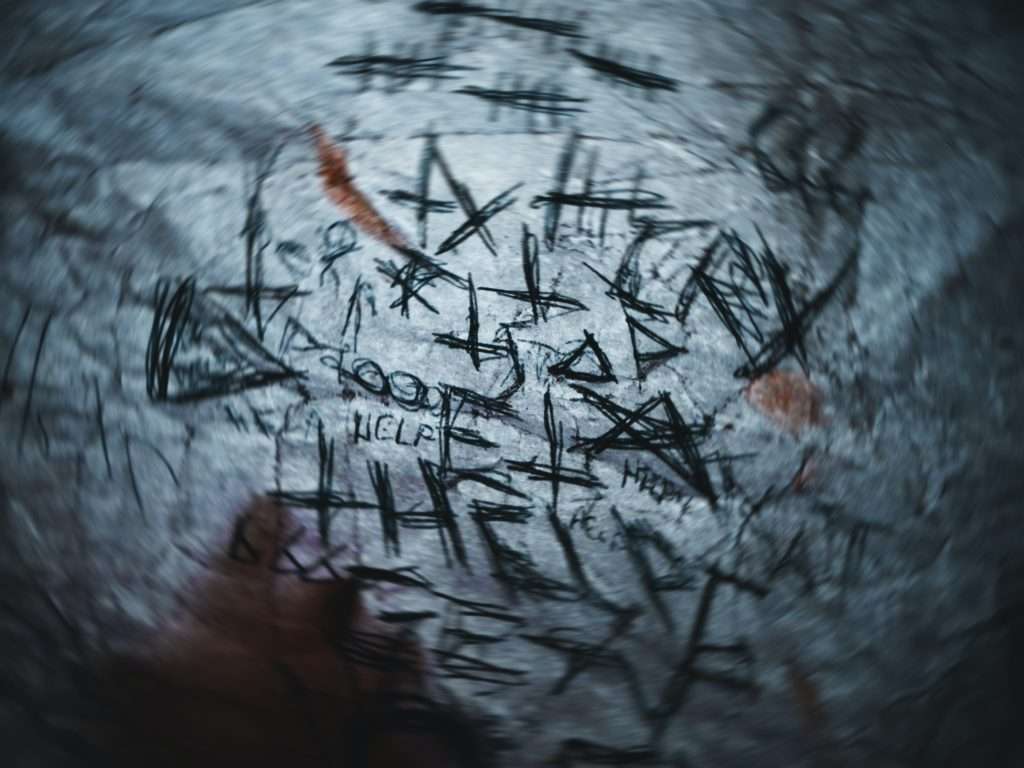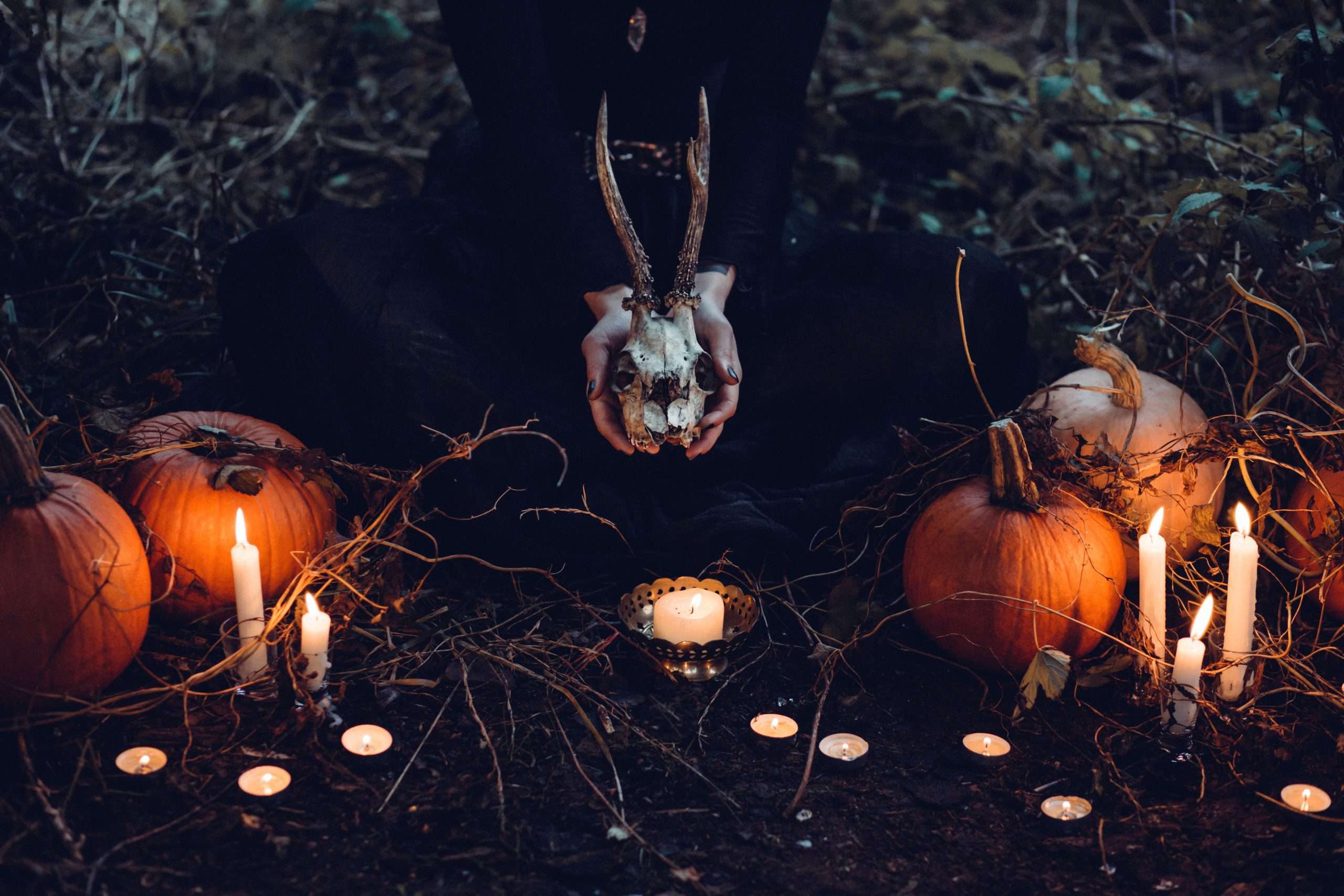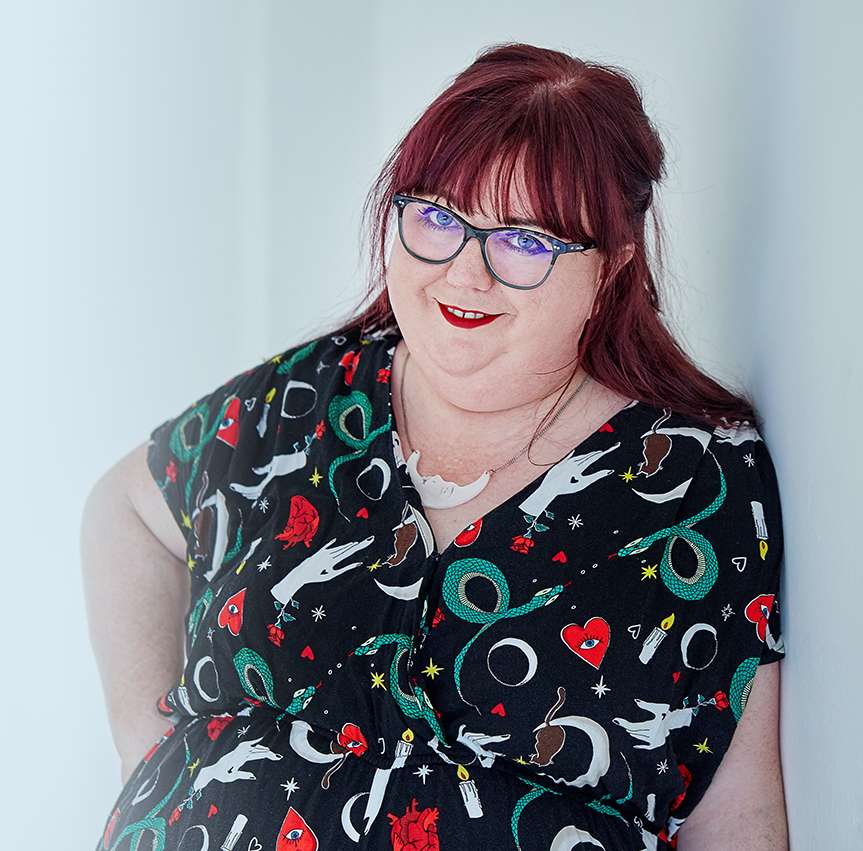Ahead of this weekend’s Writing the Occult: Vampires gathering, event curator Lauren McMenemy looks at how we can mine the world of the occult for story ideas.

Those hidden worlds and realms, those wise seekers of the truth who want to make the world a better place—or those nefarious mystics who want to bend everyone to their will. The occult really does present rich grounds for writers of horror and dark fantasy to find story threads and characters with secrets.
When we speak of “the occultâ€, we’re talking about esoteric supernatural beliefs and practices that generally fall outside the scope of organised religion and science. It’s the domain of mystics, wizards, gurus, magicians. It’s big on spells and sacred books. It’s basically High Religion for the underworld, where you’ll find groups such as the Hermetic Order of the Golden Dawn, and beliefs such as Spiritualism, Theosophy, and the New Age. And when we speak of “occult horrorâ€, we think about “black†magic (an archaic term that should no longer be used), evil powers, or frightening monsters.
Back in the day, you’d head straight for the Dennis Wheatley table to get your fix of occult horror; blood-drenched, Satan-worshipping, sacrificing of virgins, and all the lovely stuff that the Satanic Panic of the 1980s told parents was Very Real and why their kids were playing Dungeons and Dragons.
These days, though, you’ll find the occult lurking pretty much everywhere in horror. It’s in the effigy picked up in a Mayan ruin that’s obviously cursed and about to end lives. It’s in the creepy kid next door who is clearly possessed by a demon—and it’s in the priest who’s called upon to exorcise the house. This is the horror I’m drawn to: otherworldly, dark, steeped in belief, and with undertones that pull upon the heartstrings of the girl who went to convent school. I find a lot of overlap between occult horror and religious horror—and of course, with folk horror, the current rising star of the dark pantheon.
But where religious and possession horror deals with crises of faith, occult horror explores the mystic, the pagan, the satanic. It finds its roots centuries ago, in a time when the Church said the priest was the only one who could talk to higher powers. The occultist came along and insisted he could communicate directly with the “unseen forcesâ€, and lo, a slew of new religions, movements, gurus, and human gods were born. We saw it especially prevalent in the Victorian era, as the Age of Enlightenment’s scientific reason clashed with the traditional Church, and in the liminal space between crept people like Helena Blavatsky, the Fox sisters, A.E. Waite, Andrew Jackson Davis, Aleister Crowley.
As an aside: what I find most interesting about this era of the occult is the number of women who took leading roles. Yes, many were frauds (like there’s never been fraudulent men in the world?!), but it’s easy to see why they were attracted to the occult: it was an opportunity for women to have a voice, to be heard, to be important, in an era when they were anything but powerful.

Back to occult horror, though (I could bang on about the Victorian occult for days!). This sub-genre has a few key tropes your readers expect to see: the invocation or summoning (for example, say ‘Candyman’ five times and he’ll appear), rituals, spells, and, of course, paraphernalia—a ouija board, a puzzle box (hello, Hellraiser), and especially an occult book of some description (a grimoire, the Necronomincon). There will also be rules that must be followed, but that also bring drama when broken. Essentially the stories are good vs evil, but we’re never sure which side is actually the *good*.
And occult horror can span so many different types of story: the possession of something like The Exorcist; the monstrous of something like Interview With The Vampire; the spiritualism of Affinity; the paranormal powers of Carrie; the woodsy witchcraft of We have Always Lived in the Castle; the sorcery of The Ballad of Black Tom. This is such rich territory that, under the moniker “Writing the Occultâ€, I curate events that explore the tropes, themes, characters, and archetypes found in occult fiction. After starting with witches over the summer, we’ll delve into vampires on Saturday 28 October—and there’s more to come!
Within these stories, we find themes such as death, monsters, and supernatural forces. We find quiet occult horror, and we find very loud, very gory, extreme occult horror. We also find fertile territory in which to play with ideas of sex, desire, hidden depths, the taboo, the cast-aside, the darkness in us all. And if that doesn’t stir the creative pot, have you muttering spells for bestsellers, and lighting candles to invoke King, Barker, Jackson, or Rice, then maybe go seek your fame and fortune in the light instead.
Writing the Occult: Vampires features talks, interviews, and panels with writers, academics, and folklorists – the vampire as horror, as metaphor, as romantic lead, as a creature of folk tales and fiction alike. It’s all online on 28 October 2023, from 1pm-9pm UK time (that’s 8am-4pm East Coast time US, 5am-1pm Pacific time, and from 11pm Sydney time), and features writers including Jewelle Gomez, Scott J Moses, Katalina Watt, Dawn Kurtagich, Beverley Lee, and Nicole Eigener, Deborah Hyde, Dr Samantha George, and more. Presented in partnership with Alex Davis Events; tickets available here.
Photos by freestocks and Mathias Pinat on Unsplash.


